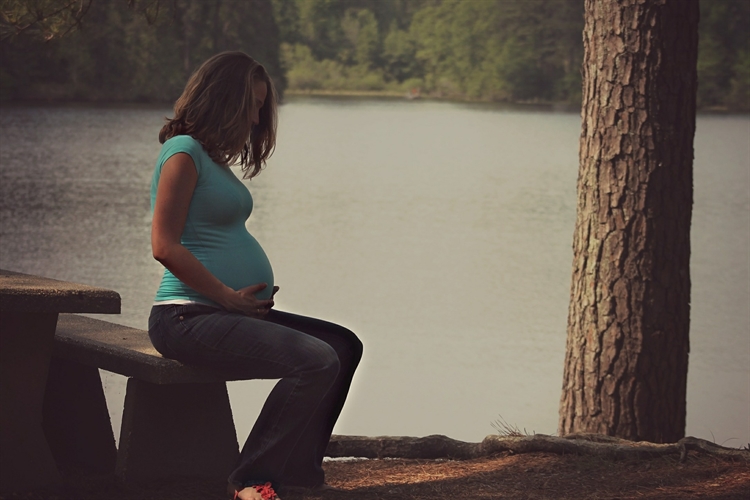Focus on Maternal Mental Health
Sat 01 May 2021

During lockdown #1 I saw a new Mum out walking with a baby in a pram. She looked sad. Maybe she wasn’t. Maybe she was ok. But she made me think about how hard this year has been for new Mums.
1 in 10 Mums experience mental health problems either during their pregnancy or in the year after. The commonest disorder is called an adjustment reaction. This is where there is a level of distress that is more than would be expected around the time of having a baby. What do we need when we are distressed? We need comfort, support and reassurance. This year check ups from health visitors have been changed to phone calls, extended families have been unable to step in and help, baby groups have been cancelled. Mums have been alone with their distress.
One Mum recently told me that she went to her GP with her baby for something and was willing them to ask her if she was Ok, but they didn’t. She couldn’t bring herself to ask for help. She left broken.
Post natal depression is the next commonest disorder affecting new Mums. 7 in 10 Mums play down their symptoms. There is so much pressure on Mums to be the best Mum. To be the Mum who can breastfeed their baby, get their pre baby body back, have their baby sleep through the night, bake cakes, the list goes on. When postnatal depression takes over it can make Mums feel like a failure, like they are worthless, like they don’t want to get out of bed. I speak to many women who have symptoms of depression years after having children that they think started postnatally but for which they never got help.
1 in 30 women will experience Post Traumatic Stress Disorder and 1 in 500 will have postnatal psychosis. These disorders cross that line between mental and physical disorders. Women have physical symptoms relating to the pregnancy and birth and then have the emotional and psychological symptoms piled on top. The advice to get outdoors, do some exercise, socially connect is harder to follow post birth with a baby that needs to be fed constantly or screams when they are put in a pram.
So what will help in this phase of your life?
- Having good friends or family around you who don’t put expectations on you.
- Focusing on one task daily and letting the others go.
- Getting outdoors even if it is just to your doorstep.
- Realising that you are not alone if you aren’t loving being a parent.
- Talking to someone about how you are feeling.
- Thinking about the basics of getting washed, dressed, eating well ( there are healthy ready meals these days) and drinking enough fluids.
- Remembering that this stage will pass.
- Knowing that you can be good enough for your baby and that will make you perfect for them.
If you need help please reach out to someone. Your GP and health visitor are there to help . We are here at CST. Below is a link to the Maternal Mental Health Alliance webpage that has lots of great resources.
https://maternalmentalhealthalliance.org/about/the-issue/
View all news